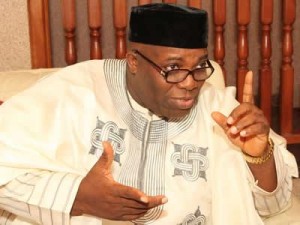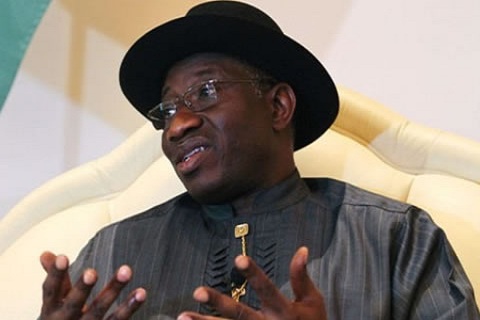
The Senior Special Assistant to the President on Public Affairs, Dr. Doyin Okupe has rated the Federal Government high in the areas of Agricultural growth and power sector transformation.
According to a statement released Sunday, the Jonathan administration had recorded over N1.12 trillion in new investments in the agricultural sector and had created hundreds of new businesses and thousands of jobs.
Dr. Okupe said, “It is an incontrovertible fact that Nigeria under Jonathan has reduced its food imports by about forty percent and increased its local production of rice, cassava, sorghum, cotton and cocoa in percentages ranging from 25 to 56 in the last two years.
“For the first time since independence, the Nigerian agricultural sector is attracting unprecedented Foreign Direct Investment. Over the past two years, the sector has attracted $ 4 billion in private sector executed letters of commitment to invest in agricultural value chains, from food crops, to export crops, fisheries and livestock.
“The number of private sector seed companies grew from 10 to 70 within one year. Over $ 7 billion of investments from Nigerian businesses have been made to develop new fertilizer manufacturing plants, which will make Nigeria the largest producer and exporter of fertilizers in Africa. It is also noteworthy that agricultural lending as a share of total bank lending has risen from two percent to six percent in two years.”
Speaking on power sector strides, Okupe said, “the major component of the reform which is the privatization of the generation and distribution power infrastructure was successfully accomplished in 2013 thus putting Nigeria on a sure path of steady power supply in a no distant future.
“With the completion of this process and the 10 NIPP projects, Nigeria would for the first time in history move away from vertically integrated state-owned and very poorly managed electricity industry to a modern private sector led fully regulated market with the right incentives capable of attracting accelerated new investments to kick start the re-industrialization of Nigeria. ”



You’re a mad man what have u generated in that aspect for the entire country?